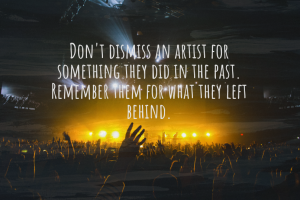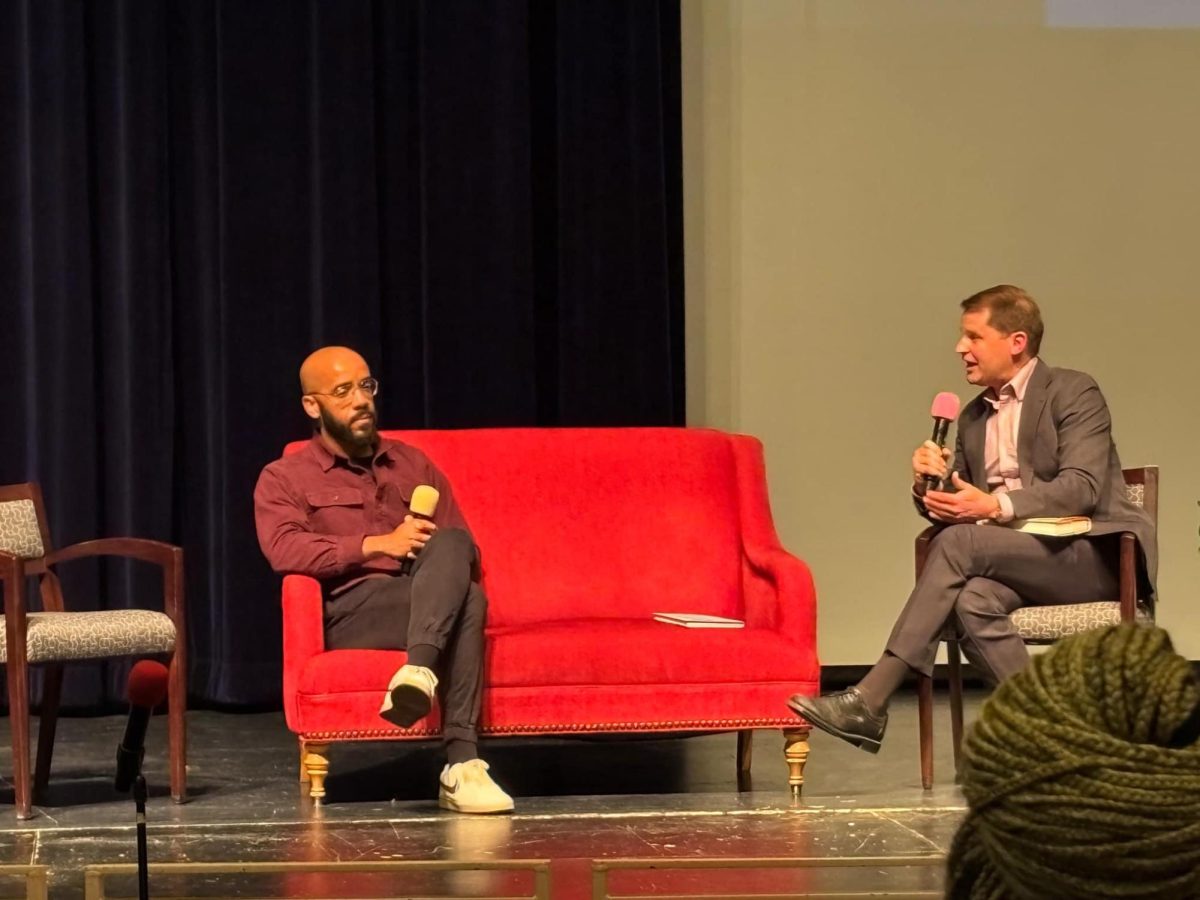There’s no art without the artist: we should never separate a product from its creator
May 5, 2019
Actor Kevin Spacey was first accused of attempted sexual assault of a minor in October 2017. A few months later, Netflix announced that Spacey wouldn’t be involved in further production of its hit series House of Cards. But now, while his criminal trial, in which he has plead not guilty, is still ongoing, Spacey is back acting in a new film—featuring a cast of high-profile actors like Ansel Elgort and Emma Roberts—set to be released this summer.
Similarly, less than a year after comedian Louis C.K. admitted he masturbated in front of numerous women without their consent, he was back to perform a controversial stand-up show in the Comedy Cellar where he received a standing ovation. While the public initially condemned these men’s actions, it didn’t prevent both artists from being welcomed back after a short period of time.
People often debate whether we can and should separate art from its creator, a question more relevant than ever as the wrongdoings of increasing numbers of artists are unearthed. Spacey and C.K. are perfect examples of why we can’t make this distinction; continuing to support disgraced artists’ work fails to hold them accountable and creates a dangerous precedent for other celebrities and the broader population.
While ideally the law or their industries would be first in keeping these artists in check, the public holds the ultimate power in the situation. If consumers simply refuse to buy someone’s art, there’s nothing that artist can do; conversely, when consumers continue to pay for an artist’s product, they’re allowing that artist to continue succeeding, and in a way condoning that person’s behavior. We can easily separate art from an artist in our heads, but in practicality there is no way to support someone’s art without supporting that person’s career.
Excusing individual artists from their actions because of their talent in their line of work also leads to bad role modeling—both for other celebrities and the public. For other celebrities, permitting this type of behavior sets a precedent of not holding famous individuals to the same standards as the rest of us. If a disgraced artist faces only temporary public condemnation and no concrete consequences, like losing their job or a significant loss of income, they and other artists often learn that a public apology is all it takes to right their mistakes. Celebrities should not be above normal standards of conduct; rather, they have a social responsibility to create a safe and inclusive culture.
For the broader public, artists are often the people we look up to most. When those role models are able to get away with despicable actions unscathed, it sends a message to anyone watching that this type of behavior is permissible. How can someone explain to a teenage boy that Louis C.K.’s actions are unacceptable when everyone still sees his shows?
Opponents believe that condemning artists for their actions may lead to harsh rejections of celebrities for controversial opinions. While celebrities—and everyday people—shouldn’t be viscerally attacked for thoughtless comments, they still need to be held to a certain standard of decency. There is a difference between a verbal mistake and a deliberate, malicious act.
Celebrities shouldn’t get special treatment or be excused for their actions because of their social status. The damage they can inflict on other people from their actions greatly outweighs their talents.










